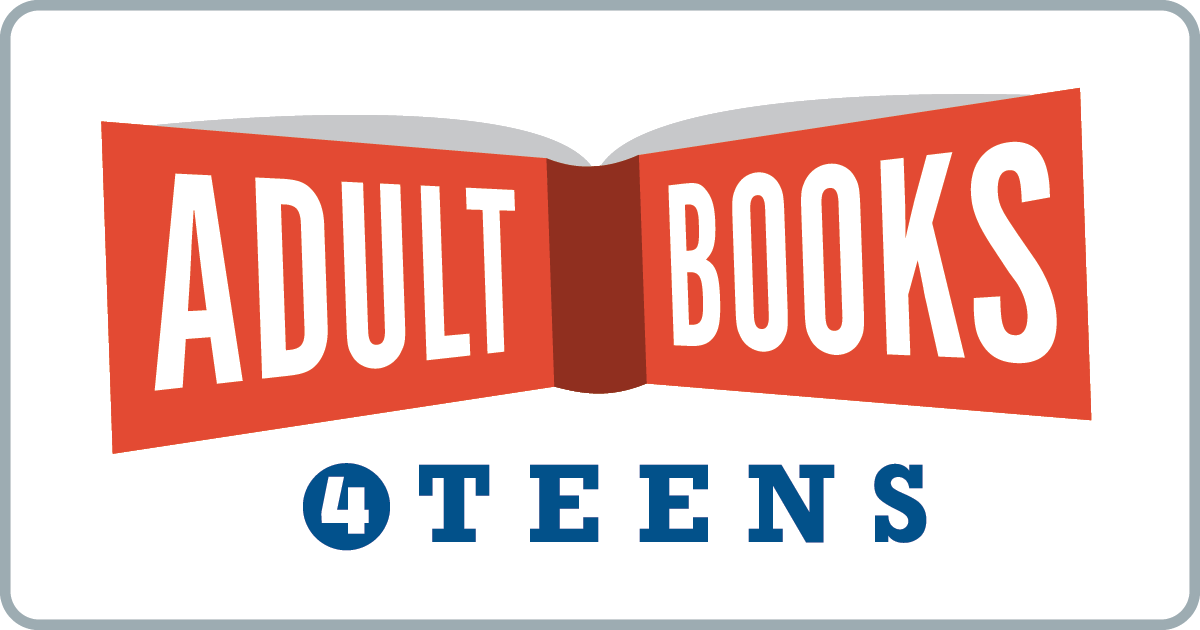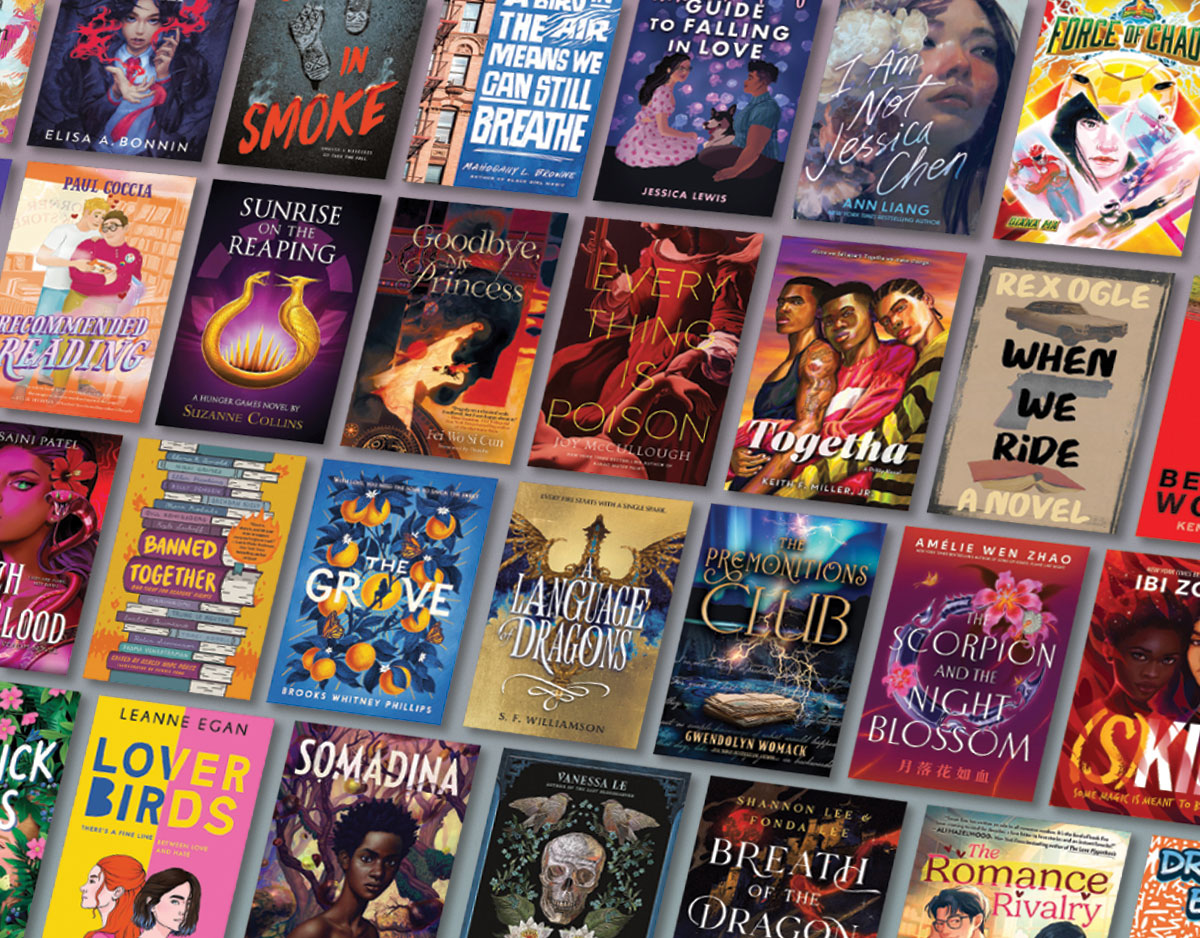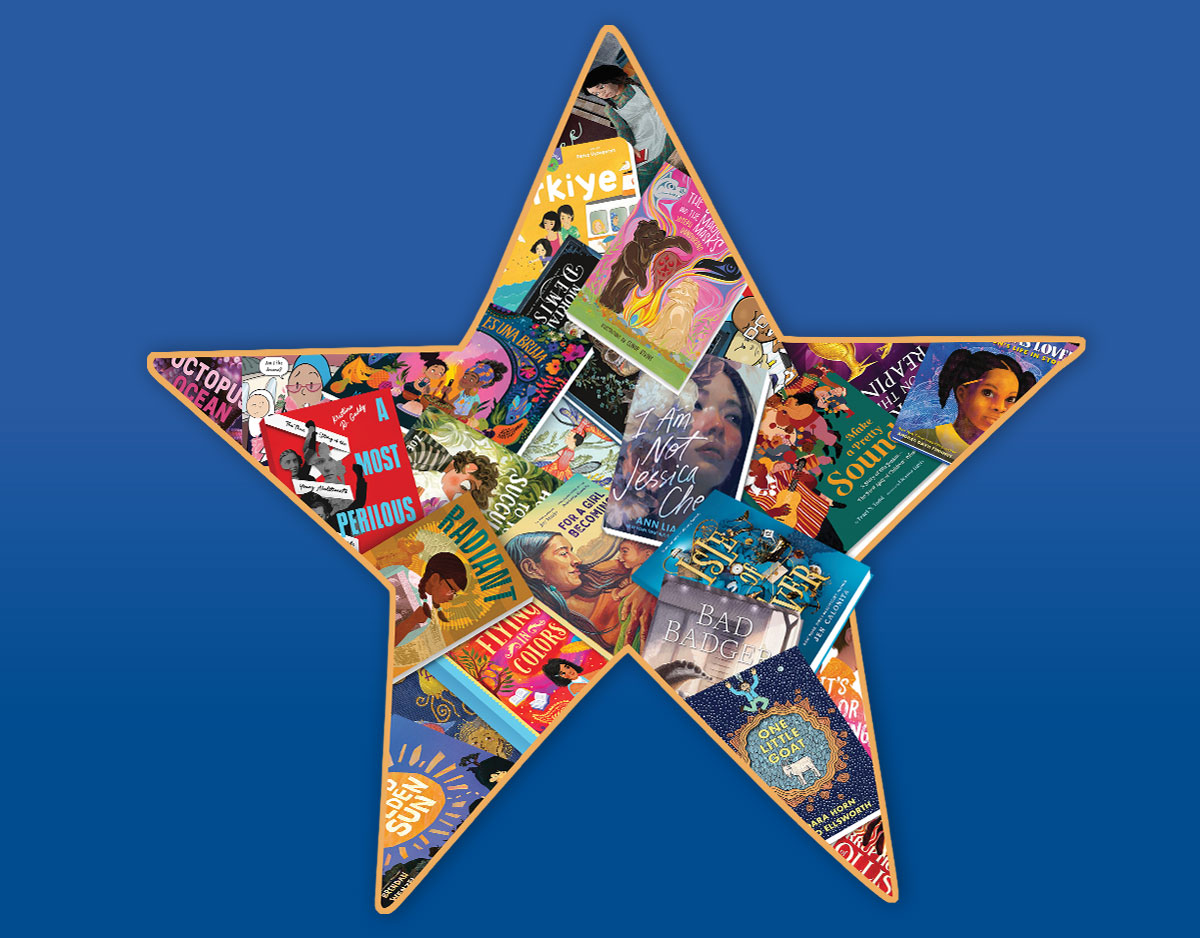SCROLL DOWN TO READ THE POST
The Lost Gate
Orson Scott Card’s new coming-of-age fantasy is the first in the Mither Mages series. Consensus seems to be that it successfully stands on its own as well.
Before getting to that review, I wanted to mention that the Nebula Award nominations were announced yesterday. Two of our Best Adult Books 4 Teens 2010 were included among the nominations for Best Novel: Who Fears Death by Nnedi Okorafor and Blackout/All Clear by Connie Willis. There is also a Young Adult category, where a very strong group of nominations included the Printz Award-winning Ship Breaker by Paolo Bacigalupi. Winners will be announced on May 21.
The Los Angeles Times Book Prize nominations were also announced yesterday. Peter Bognanni’s The House of Tomorrow is among the nominees for the Art Seidenbaum Award for First Fiction.
CARD, Orson Scott. The Lost Gate. 384p. Tor. 2011. Tr $24.99. ISBN 978-0-8653-2657-7. LC number unavailable.
Adult/High School–Danny North is not drekka or magicless, as his family believes; he is quite possibly the strongest gatemage ever born, but he can’t tell any of them. Creating inter-dimensional portals is an ability that caused war. Danny’s family was once so magically powerful that they were worshipped as gods. Now, after the mysterious Gate Thief closed all the gates from Westil and stranded the warring family clans as exiles on Earth over a thousand years ago, there is an uneasy truce. Any gatemage born is killed, so as not to shift the balance of power. Card sets a coming-of-age tale within an intricately built speculative fiction framework that includes trickster legends as well as Greek and Norse mythology, effortlessly weaving together Danny’s escape from a family determined to kill him with his discovery of life in contemporary American human society. In a parallel story set on Westil, an amnesiac named Wad discovers he is a powerful gatemage as well and begins to use his power to further a royal plot. Danny’s and Wad’s machinations have repercussions that reverberate through both worlds. As in Ender’s Game (Tor, 1985), Card excels here at three-dimensional world-building and strong characters with believable motivations. Danny, especially, is a mischievous, flawed, highly sympathetic character that teens will relate to. Excellent secondary characters put flesh on the bones of a story that explores the hearts of two people looking and longing for a place to belong.–Charli Osborne, Oxford Public Library, MI
ADVERTISEMENT
ADVERTISEMENT
Filed under: Fantasy
About Angela Carstensen
Angela Carstensen is Head Librarian and an Upper School Librarian at Convent of the Sacred Heart in New York City. Angela served on the Alex Awards committee for four years, chairing the 2008 committee, and chaired the first YALSA Award for Excellence in Nonfiction for Young Adult committee in 2009. Recently, she edited Outstanding Books for the College Bound: Titles and Programs for a New Generation (ALA Editions, 2011). Contact her via Twitter @AngeReads.
ADVERTISEMENT
SLJ Blog Network
Name That LEGO Book Cover! (#65)
Review of the Day: This is Orange by Rachel Poliquin, ill. Julie Morstad
Betty & Veronica: Summer Fun in the Sun | Preview
Heavy Medal Suggestions: 73 Titles and Counting
Like This, Try That: K-Pop Demon Hunters
The Classroom Bookshelf is Moving
ADVERTISEMENT
ADVERTISEMENT








